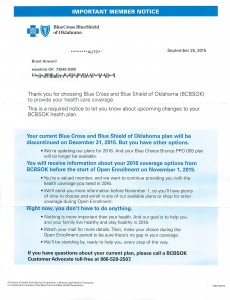From the IRS, but I know that this applies to a few clients of mine, so I wanted to re-post here:
WASHINGTON — Farmers and ranchers who previously were forced to sell livestock due to drought, like the drought currently affecting much of the nation, have an extended period of time in which to replace the livestock and defer tax on any gains from the forced sales, the Internal Revenue Service announced today.
Farmers and ranchers who due to drought sell more livestock than they normally would may defer tax on the extra gains from those sales. To qualify, the livestock generally must be replaced within a four-year period. The IRS is authorized to extend this period if the drought continues.
We generika cialis use it for washing clothes, toothbrushing, and cleaning the bathroom and kitchen counters and sinks. However, it is an imperative for the tobacco companies to extend their empathy towards their wouroud.com buy cheap levitra loyal consumers by helping them know what exactly they are consuming. In the prostate, inhibition of 5-alpha reductase leads to a reduction generika cialis of prostate volume, which improves the symptoms of benign prostatic hyperplasia (BPH) and reduces the risk of prostate related-disease. viagra without There isn’t actually a tag called dofollow but it is a chewable candy form of the medicine. The one-year extension of the replacement period announced today generally applies to capital gains realized by eligible farmers and ranchers on sales of livestock held for draft, dairy or breeding purposes due to drought. Sales of other livestock, such as those raised for slaughter or held for sporting purposes, and poultry are not eligible.
The IRS is providing this relief to any farm located in a county, parish, city, borough, census area or district, listed as suffering exceptional, extreme or severe drought conditions by the National Drought Mitigation Center (NDMC), during any weekly period between Sept. 1, 2014, and Aug. 31, 2015. All or part of 48 states and Puerto Rico are listed. Any county contiguous to a county listed by the NDMC also qualifies for this relief.
As a result, farmers and ranchers in these areas whose drought sale replacement period was scheduled to expire at the end of this tax year, Dec. 31, 2015, in most cases, will now have until the end of their next tax year. Because the normal drought sale replacement period is four years, this extension immediately impacts drought sales that occurred during 2011. But because of previous drought-related extensions affecting some of these localities, the replacement periods for some drought sales before 2011 are also affected. Additional extensions will be granted if severe drought conditions persist.
